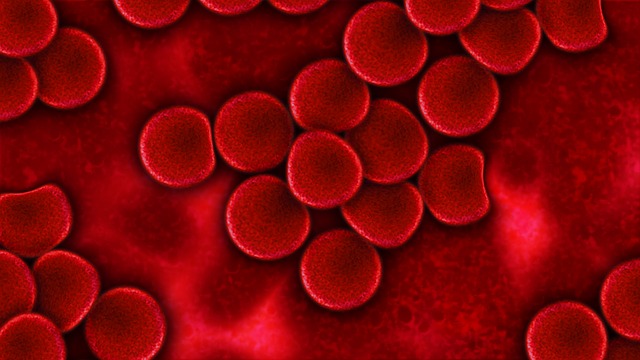Peter D'Adamo
Reviewed and revised on: 02/12/2019
Blood Type and Your Health
Lectins and Blood Type
A chemical reaction occurs between your blood and the foods you eat. This reaction is part of your genetic inheritance. It is amazing but true that today, in the twenty first century, your immune and digestive systems still maintain favoritism for foods that your blood type ancestors ate.
We know this because of a factor called lectins. Lectins, abundant and diverse proteins found in foods, have agglutinating properties that affect your blood and the lining of your digestive tract. Lectins are a powerful way for organisms in nature to attach themselves to other organisms in nature.
Lots of germs, and even our own immune systems, use this super glue to their benefit. For example, cells in our liver's bile ducts have lectins on their surfaces to help snatch up bacteria and parasites.
Bacteria and other microbes have lectins on their surfaces as well, which work rather like suction cups, so that they can attach to the slippery mucosal linings of the body. Often the lectins used by viruses or bacteria can be blood type specific, making them a stickier pest for people of that blood type.
So, too, with the lectins in food. Simply put, when you eat a food containing protein lectins that are incompatible with your blood type antigen, the lectins target an organ or bodily system (kidneys, liver, gut, stomach, etc.) and can begin to interact with the tissues in that area.
While you cannot change your blood type, you can use knowledge about its nature to implement a dietary plan biologically suited to your makeup, says Dr. D'Adamo, who supplies copious details on eating plans for all four types. "Most of my patients experience some results [within two weeks of starting the diet plan]-increased energy, weight loss, a lessening of digestive complaints, and improvement of chronic conditions such as asthma, headaches, and heartburn."











